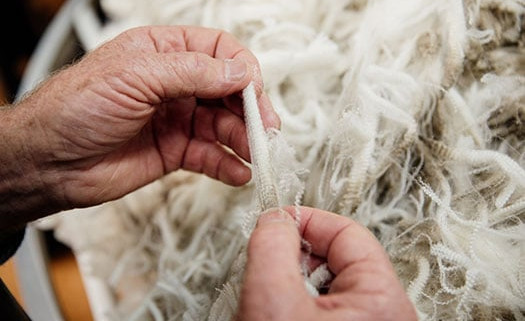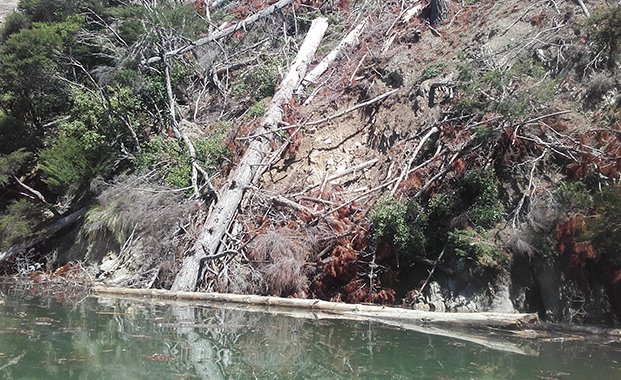Termite territory expands as world warms
27 September 2022 | News
Climate change could lead to greenhouse gas producing termites spreading further around the globe, as well as in New Zealand, new research shows.
Lincoln University ecologists, Associate Professor Tim Curran and Dr Azharul Alam, are among 100 researchers who took part in a global study published in prestigious publication Science, which has found we may have underestimated how termites contribute to, and could spread because of, climate change.
The pair placed wood blocks at Hinewai Reserve, near Akaroa, on Banks Peninsula to determine the numbers of the wood eating insect here.
Termites are critical in natural ecosystems—especially in the tropics—because they help recycle dead wood from trees.
The study showed termites are very sensitive to temperature, so as the world heats up through climate change, the insect's role in wood decay will likely expand beyond the tropics.
They can also thrive in dry conditions.
The termites produce methane in their guts, and release carbon dioxide when they break down wood, which contributes to global warming.
The researchers studied locations across the globe where bacteria and fungi (microbes) and termites consume dead wood. They also investigated how temperature and rainfall could impact the discovery and decay of wood by using the same experimental set up at more than 130 sites in a variety of habitats across six continents.
Their results suggest that areas with high termite activity should increase as the earth becomes warmer and drier.
Associate Professor Curran said by including New Zealand sites in the study they were better able to ascertain the role of termites in wood decay throughout the world.
"New Zealand has only three native species of termites, which do not form big colonies. However, we also have introduced species which can be quite destructive. Changing climatic conditions could see these invaders spreading more easily in New Zealand, changing carbon cycles here."
The study’s lead, University of Miami tropical biologist Amy Zanne, said with temperatures warming, the impact of termites on the planet could be huge.
“Microbes are globally important when it comes to wood decay, but we have largely overlooked the role of termites in this process. This means we are not accounting for the massive effect these insects could pose for future carbon cycling and interactions with climate.”

Dr Azharul Alam, a postdoctoral researcher in the Lincoln University Department of Pest Management and Conservation, sets up the wood samples.
Study ecology at Lincoln
Find out more

